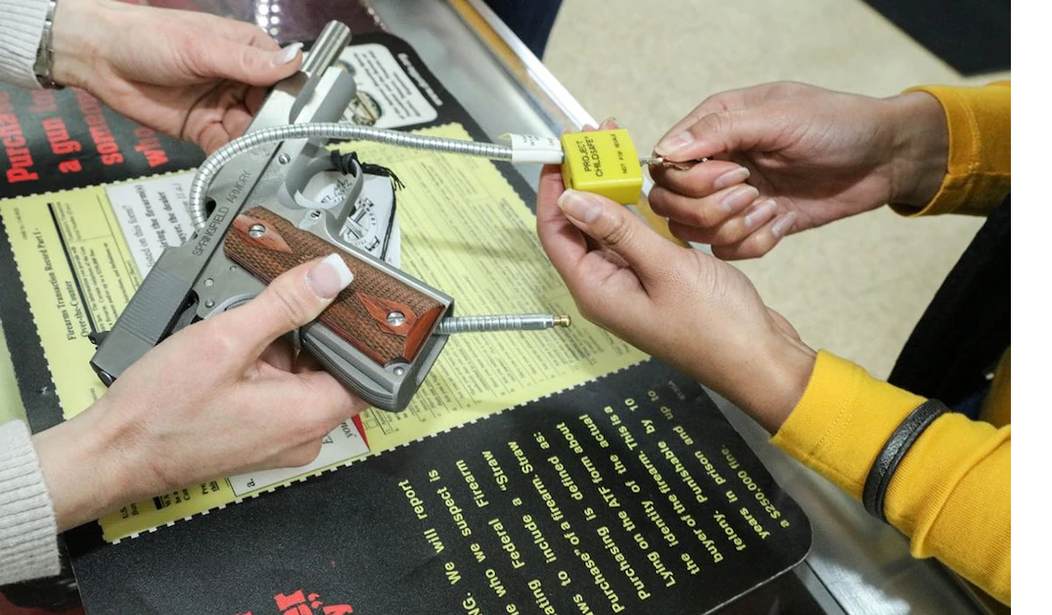Anti-gunners love to claim that The Science (TM) is on their side. Their reasoning? The anti-gun studies that say gun control works. Now, anyone who understands how research is supposed to work knows there are serious problems with these studies.
RAND is one organization that favors gun control, but is at least honest enough to own up to the problems. That means when they suggest the studies say something works, it's not as easy to dismiss.
And sure enough, that's exactly what they're saying now following the Apalachee High School shooting in Winder, GA.
The deadliest school shooting in Georgia history occurred earlier this month when a 14-year-old gunman, armed with a military-style rifle, killed two students and two teachers and injured nine others at Apalachee High School in Winder, a city about an hour northeast of Atlanta.
And on Sunday, former President Donald Trump was the target of what the FBI described as an apparent assassination attempt at his golf club in West Palm Beach, Florida — just nine weeks after surviving another attempt on his life.
Gun policy has been a topic of debate in America for decades, and its prominence has increased as gun-related deaths and mass shootings have risen nearly every year since 2014, according to the Gun Violence Archive, a nonprofit that tracks gun violence in the United States.
Many Americans despair of ever taming the epidemic, but a new report says certain laws can make a difference.
The report, published in July by Rand, a nonprofit, nonpartisan research organization, found that minimum age requirements for purchasing firearms appear to reduce suicides among young people. Additionally, it indicated that laws aimed at reducing children’s access to stored guns may also lower rates of firearm suicides, unintentional shootings and firearm homicides among youth.
This is the fourth time that Rand has released the report, “The Science of Gun Policy,” since 2018. Earlier editions examined the effectiveness of other gun regulations, such as background checks and concealed carry laws, and their impact on outcomes such as crime and suicide.
The “Science of Gun Policy” report examines laws individually. But a separate Rand study published in July, this one in the peer-reviewed journal JAMA Network Open, explores the combined effects of multiple state-level gun laws, including background checks, minimum age requirements, waiting periods, child access restrictions, concealed carry and stand your ground laws.
Of course, this would be brought up, in part because RAND actually does seem to care about the validity of the research they cite. In fact, they don't find evidence of most gun control laws doing much of anything, despite being a left-leaning think tank.
However, that doesn't mean their own research is unassailable.
For example, on the subject of mandatory storage laws, they don't provide any comparisons with how these measures work when compared to things like tax credits for gun storage devices or educational campaigns.
What results turn up may well be an artifact of the news surrounding the measures passing, and any events that prompted the laws, and have little to do with the law itself. While we'd like to believe that most people know to properly store their firearms when not in use, common sense is rare enough these days to qualify as a superpower. A lot of folks just don't think about it.
Yet an educational campaign would do just as much to raise awareness as the debate about a law would, if not more, and it won't involve telling people what they must do with their guns.
That doesn't show up in RAND's research, and that's a big problem.
While they're right to be critical of other anti-gun measures and the supposed research that supports them, they kind of dropped the ball on this area.








